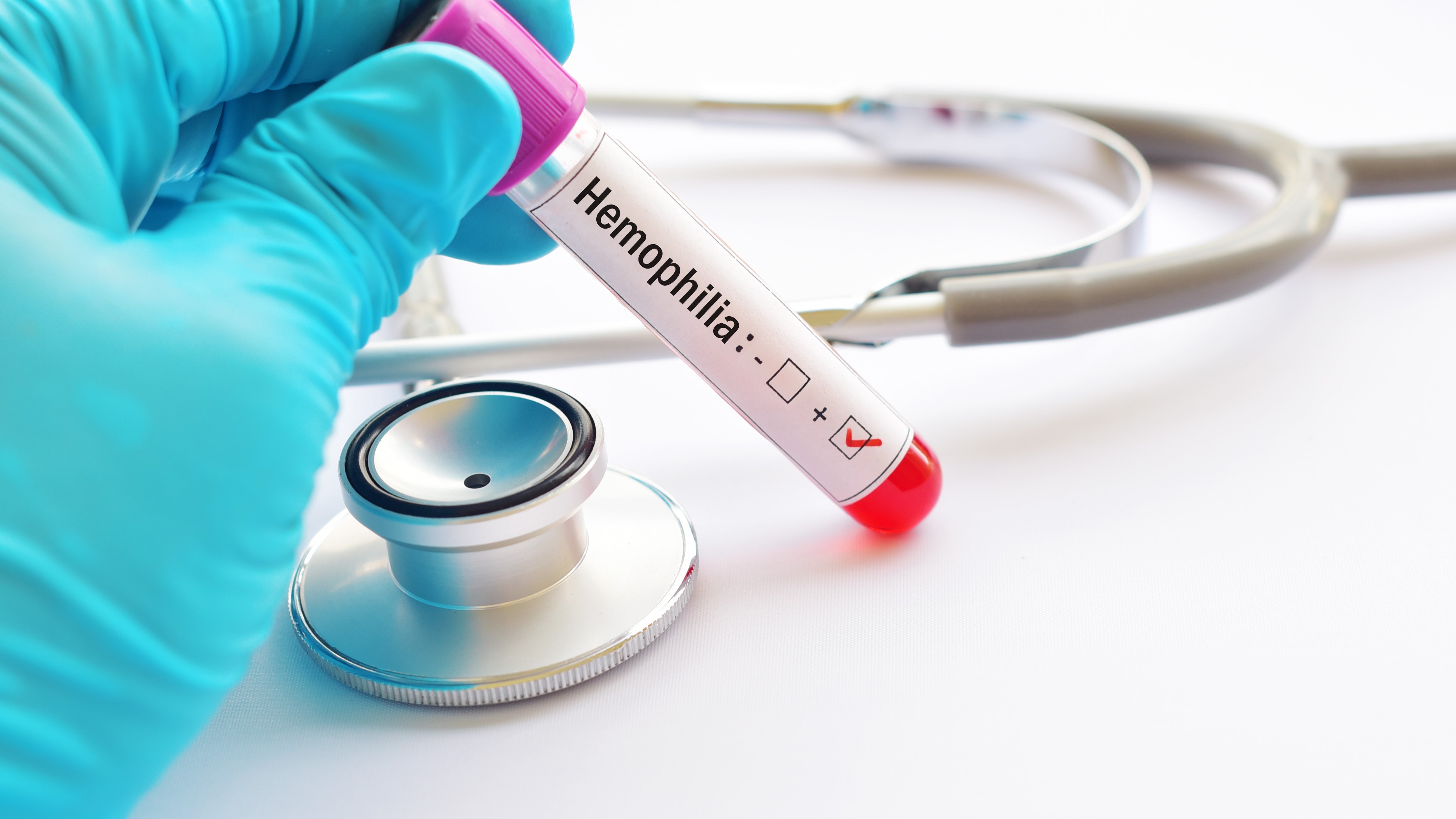Living with hemophilia can be challenging, but with the right knowledge and support, you can manage your condition effectively. Hemophilia is a rare bleeding disorder that occurs when your blood doesn't clot properly. This can lead to prolonged bleeding from even minor injuries.

Hemophilia can present in various ways, depending on the severity of the condition. Common symptoms include frequent nosebleeds, prolonged bleeding from cuts or injuries, and spontaneous bleeding into joints and muscles. Bruising easily and experiencing large, deep bruises from minor injuries are also indicative of hemophilia. In severe cases, internal bleeding can occur, leading to serious complications if not promptly treated. It is crucial to recognize these symptoms early to prevent unnecessary complications and manage the condition effectively.
Early diagnosis of hemophilia is essential for effective management and treatment. Newborns with a family history of the disorder are often tested soon after birth. For others, diagnosis might occur after experiencing significant bleeding from minor injuries or surgical procedures. Blood tests are used to measure clotting factor levels and confirm the presence of hemophilia. Early diagnosis allows for timely intervention and reduces the risk of severe bleeding episodes.
Treatment for hemophilia focuses on preventing and managing bleeding episodes. The primary treatment is replacement therapy, where the missing clotting factor is infused into the bloodstream. This can be done on a regular schedule (prophylactic treatment) to prevent bleeding or on demand to treat bleeding episodes as they occur. Advances in treatment have led to the development of longer-lasting clotting factors, reducing the frequency of infusions.
Another promising treatment is gene therapy, which aims to introduce correct versions of the faulty gene responsible for hemophilia. Although still in experimental stages, gene therapy has the potential to offer a long-term solution by enabling the body to produce its own clotting factor.
Living with hemophilia requires careful management to prevent bleeding episodes. Individuals are advised to avoid activities that pose a high risk of injury and to take precautions such as wearing protective gear during physical activities. Regular exercise, particularly low-impact activities like swimming and walking, helps strengthen muscles and joints, reducing the risk of bleeds.
Education and awareness are also critical. Patients and caregivers should be knowledgeable about the condition and how to respond to bleeding episodes. Keeping a well-stocked first aid kit and having a clear emergency plan can make a significant difference in managing sudden bleeds effectively.
Specialized hemophilia treatment centers play a vital role in the comprehensive care of individuals with this condition. These centers offer a multidisciplinary approach, providing access to hematologists, physical therapists, and other healthcare professionals experienced in managing hemophilia. They offer regular check-ups, preventive care, and emergency support, ensuring patients receive the best possible care tailored to their specific needs.
Living with a chronic condition like hemophilia can be challenging, both physically and emotionally. Access to psychological and social support services is essential. Support groups and counseling can help patients and families cope with the emotional aspects of the disorder, providing a platform to share experiences and strategies for managing daily life.
Ongoing research in the field of hemophilia continues to bring hope for better treatments and potential cures. Advances in biotechnology and gene therapy hold promise for more effective and less invasive treatments. Staying informed about the latest research developments and participating in clinical trials can provide access to cutting-edge therapies and contribute to the collective understanding of the disorder.
Understanding hemophilia, recognizing its symptoms, and knowing the available treatment options are crucial for managing this condition effectively. With early diagnosis, proper treatment, and a supportive care network, individuals with hemophilia can lead healthy and fulfilling lives. Continuous advancements in medical research offer hope for even better management and potential cures in the future.